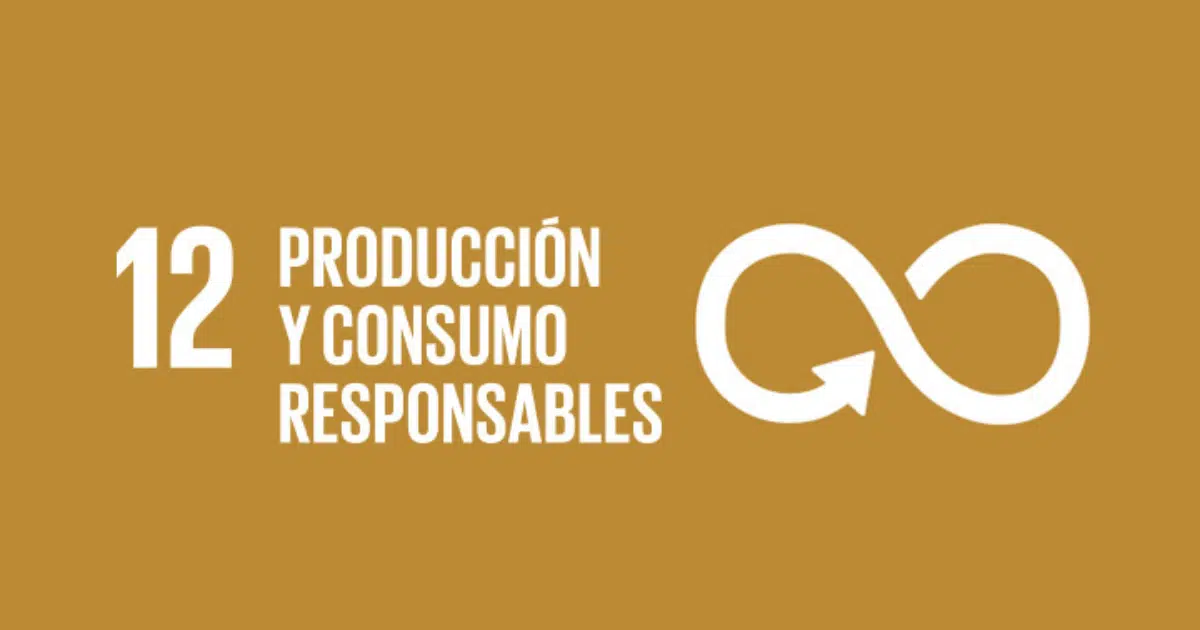Producción y consumo responsables: Towards sustainable development

In the pursuit of a sustainable future, responsible production and consumption have become fundamental pillars. This approach not only involves the adoption of efficient practices in resource use but also critical reflection on how goods and services impact our environment. As current generations face unprecedented environmental challenges, it is imperative to promote a shift towards modalities that ensure sustainability in the long term, guaranteeing the well-being of future generations.
Responsible production and consumption are fundamental pillars for achieving sustainable development. This implies a significant change in how we produce and consume goods and services, ensuring that these processes respect the environment, promote social equity, and foster economic efficiency. Through a conscious approach, it is possible to address the environmental and social concerns arising from the unsustainable practices that have dominated our societies in recent decades.
The Need for a Paradigm Shift
The current environmental crisis demands that both consumers and producers reflect on their role in the economic cycle. The traditional model, characterized by excessive consumption and linear production, has led to the depletion of natural resources and an increase in waste that threatens the health of the planet. For this reason, adopting a responsible production and consumption approach has become urgent to ensure a viable future for the next generations.
Sustainable Development Goals and Their Impact
The Sustainable Development Goals (SDGs) adopted by the United Nations in 2015, particularly SDG 12, focus on ensuring sustainable consumption and production patterns. This goal promotes a comprehensive approach that includes reducing waste, efficient use of resources, and promoting production practices that minimize environmental impact. Implementing policies and strategies aligned with these goals significantly contributes to the transformation of current economic systems.
Examples of Good Practices in Different Sectors
The transition towards responsible production and consumption is materializing in various industries. In the fashion sector, for instance, there is a growing interest in brands that adopt sustainable practices throughout their value chain, from the extraction of raw materials to the marketing of products. This phenomenon not only responds to a more conscious consumer demand but also represents an opportunity for companies to innovate and stand out in an increasingly competitive market.
The Circular Economy as an Alternative Model
The circular economy presents itself as a viable model to promote sustainability in production and consumption. This approach seeks to close the life cycle of products, promoting reuse, recycling, and waste reduction. Implementing circular practices helps minimize resource extraction and reduce greenhouse gas emissions, thus contributing to the fight against climate change.
Education and Awareness as Key Tools
Promoting a culture of responsible production and consumption requires a strong educational component. Environmental education programs are fundamental to raising awareness in society about the importance of consumption choices and their impact on the environment. Initiatives that promote transparency in business practices and inform consumers about the sustainability of products can be decisive for behavior change.
The Role of Technology in Sustainability
Technology plays a crucial role in the search for more sustainable practices. Innovations such as the use of renewable energy, process digitization, and the use of Big Data to improve operational efficiency are just a few examples. These solutions can reduce the environmental impact of productive activities and optimize resource use, contributing to the fulfillment of sustainability objectives.
Collaboration Between Sectors for a Sustainable Future
Achieving sustainable development requires collaboration among many actors: governments, businesses, NGOs, and consumers. Creating strategic alliances facilitates the exchange of knowledge and resources, which can result in innovative and effective solutions. By working together, it is possible to promote production and consumption policies that benefit both the economy and the environment.
Conclusions and the Way Forward
The transition towards responsible production and consumption is a collective challenge that requires commitment and action from all sectors. By adopting a mindset shift and focusing on sustainable practices, we can ensure a healthier and more equitable future. Integrating principles that promote energy efficiency, responsible resource use, and respect for the ecosystem will set the stage for achieving truly sustainable development in today’s society.
Responsible production and consumption are fundamental pillars for achieving sustainable development in our societies. This approach involves a critical review of traditional production models that have prevailed over time, favoring those that minimize environmental impact and promote efficient resource use. By adopting responsible practices, the aim is to ensure that future generations can enjoy a healthy environment and sufficient resources.
Sustainable development not only refers to environmental conservation, but also encompasses economic and social aspects. Promoting conscious and ethical consumption involves educating the public about the importance of their purchasing decisions and the effect these have on the planet. Investing in products that respect the environment and in companies that implement sustainable practices is essential to elevate production standards towards one that prioritizes environmental health, decent working conditions, and social equity.
Moreover, the commitment of companies to sustainability can be a significant driver of change. Adopting new technologies and production methods that reduce resource use and waste generation not only benefits the environment but can also result in economic efficiency. Furthermore, developing public policies that support sustainable innovation and implementing legal frameworks that promote social responsibility can incentivize efforts throughout the supply chain.
The path towards a more sustainable future requires the active collaboration of governments, businesses, and consumers. Everyone has a role to play. Together, it is possible to transform current production and consumption systems, prioritizing a development that benefits both humanity and nature, thereby ensuring a lasting balance.






